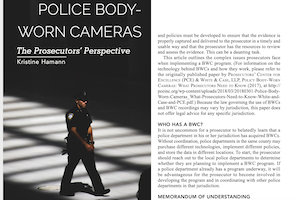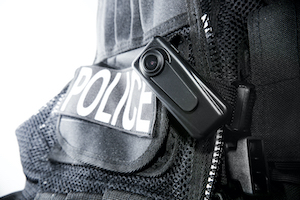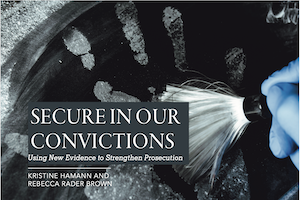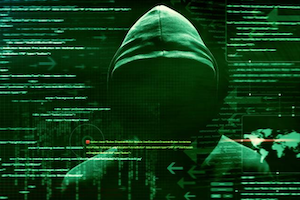PCE Videos: Crime Analyst Part 2: How Crime Analysts Can Improve Prosecutions

On September 29, 2023 PCE hosted a Pop-Up on how crime analysts can improve prosecutions.
Read More

On September 29, 2023 PCE hosted a Pop-Up on how crime analysts can improve prosecutions.
Read More
Authors: PCE, National Policing Institute
This article provides a basic understanding of gunshot detection system technology, its investigative and evidentiary value, and issues prosecutors may encounter when trying to admit gunshot detection system evidence at trial.

On October 18, 2022 PCE hosted a Pop-Up on prosecutor crime analyst as an employee.
Read More
Authors: Kristine Hamann, PCE and Gaelin Bernstein.
Read about the various essential tasks that a crime analyst can perform in a prosecutor office.

Author(s): Kristine Hamann
As police departments across the United States embrace the use of police body-worn cameras, the cameras will inevitably capture a great deal of evidentiary material that will be useful in every type of criminal prosecution. The impact of this new source of evidence has yet to be fully realized.

Author(s): Kristine Hamann, PCE
As police departments across the United States embrace the use of police body-worn cameras (“BWCs”), it is imperative that prosecutors be involved in the uptake process as early as possible. The cameras will inevitably capture a great deal of evidentiary material that will be used in every type of criminal prosecution. Thus, systems and policies must be developed to ensure that this evidence is properly captured and delivered to the prosecutor in a timely and usable way.
Read More
Author(s): Kristine Hamann, Rebecca Rader Brown
In May 2013, a Colorado man fails to show up to work. Concerned, the man’s boss visits his house, where the man’s roommate refuses to let the boss enter. The boss contacts the police, who launch a missing person investigation. Using cell tower technology, police are able to approximate the missing man’s location in the hours leading up to his disappearance.
Read More
As police departments across the United States embrace the use of police body-worn cameras, it is imperative that prosecutors be involved in the process as early as possible. The cameras will inevitably capture a great deal of evidentiary material that will be used in every type of criminal prosecution. Thus, systems and policies must be developed to ensure that this evidence is properly captured and delivered to the prosecutor in a timely and usable way, and that prosecutors have the resources to view, store and redact the recordings.
Read MoreEncryption of smartphones and other digital media has thwarted law enforcement’s ability to keep communities safe. Even with a lawfully issued search warrant, the information requested cannot be accessed from encrypted phones. This loss of evidence is referred to as “Going Dark.”
To demonstrate the real dangers of Going Dark, we need to hear about your affected cases. Helpful examples include cases where evidence in a smart phone is unattainable due to encryption, but could have been critical in solving cases such as a homicide, a robbery, a lost child, or a terrorist attack.
Read More
Author(s): Bradley Altvater, PCE
Criminals are increasingly using shadowy corners of the internet to mask their identities and conduct illicit activities. Marketplaces on the “dark web” facilitate a range of criminal activities, including human trafficking and the distribution of child pornography. However, law enforcement and prosecutors are not helpless in the fight against these new criminal tactics.
Read More